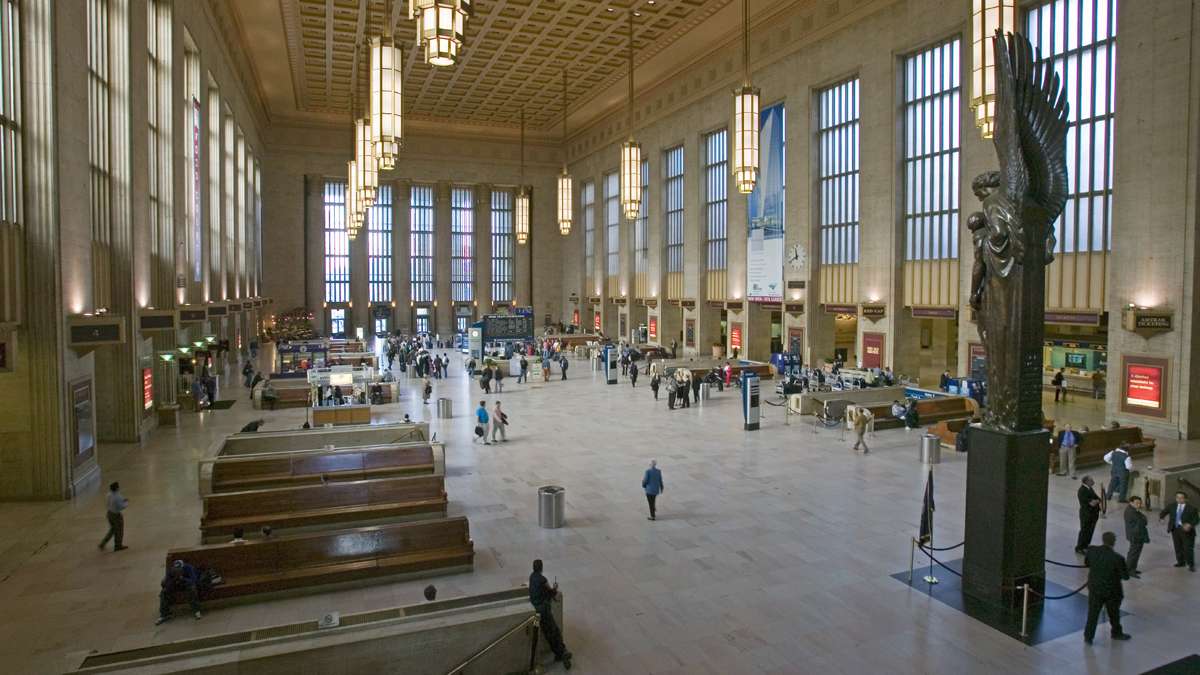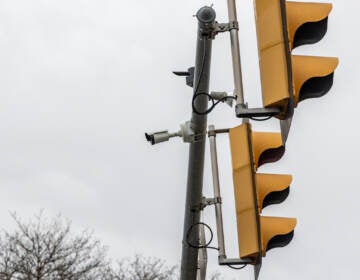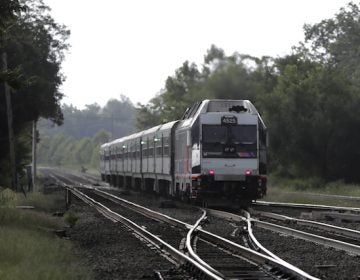Audit finds security lapses at 30th Street Station
The audit of 30th Street Station was conducted by Amtrak's inspector general.

Interior of 30th Street Station in Philadelphia. (Shutterstock, file)
Updated: 11:50 a.m.
An audit has found a number of security vulnerabilities at Philadelphia’s main train station, including that it can’t be locked in the event of an emergency because staffers don’t have the keys.
The audit of 30th Street Station was conducted by Amtrak’s inspector general and findings in the report include non-working surveillance cameras, an unsecured train yard and employees lacking training to deal with terrorist attacks or active shooters.
An inspection in November found a number of the station’s doors can’t be locked because they either don’t have locks or staff doesn’t have keys.
Other lapses include a code on a gate allowing access to the train yard that had not been changed in 20 years, and the yard also has broken fencing and open entrances. Auditors found a boat and sports car being stored in the train yard. Neither is owned by Amtrak.
In 2013, a drunk driver drove onto tracks in the yard.
Not all video surveillance cameras are operational in the station and the yard, according to the April 24-dated audit, because the company hasn’t designated a department to be responsible for their maintenance and repair.
Staffers told auditors they have received little or no training on how to handle security issues like an active shooter or terrorist attack.
It also found the station’s badging policy wasn’t properly enforced. For example, more than 450 employees and contractors in the ticketing department across the country have access in Philadelphia where cash is stored, but only 26 employees actually work in that area. As a result, employees told inspectors that people who shouldn’t be there were frequently accessing those spaces.
On Monday, local Amtrak officials told WCAU-TV they have “already started to address the identified security vulnerabilities.”
The audit says the station has made some improvements since the previous inspection, like increased police patrols and use of K9 teams to detect possible explosives in baggage.
The company estimates it would cost about $20 million to remedy the existing weaknesses.
WHYY is your source for fact-based, in-depth journalism and information. As a nonprofit organization, we rely on financial support from readers like you. Please give today.




